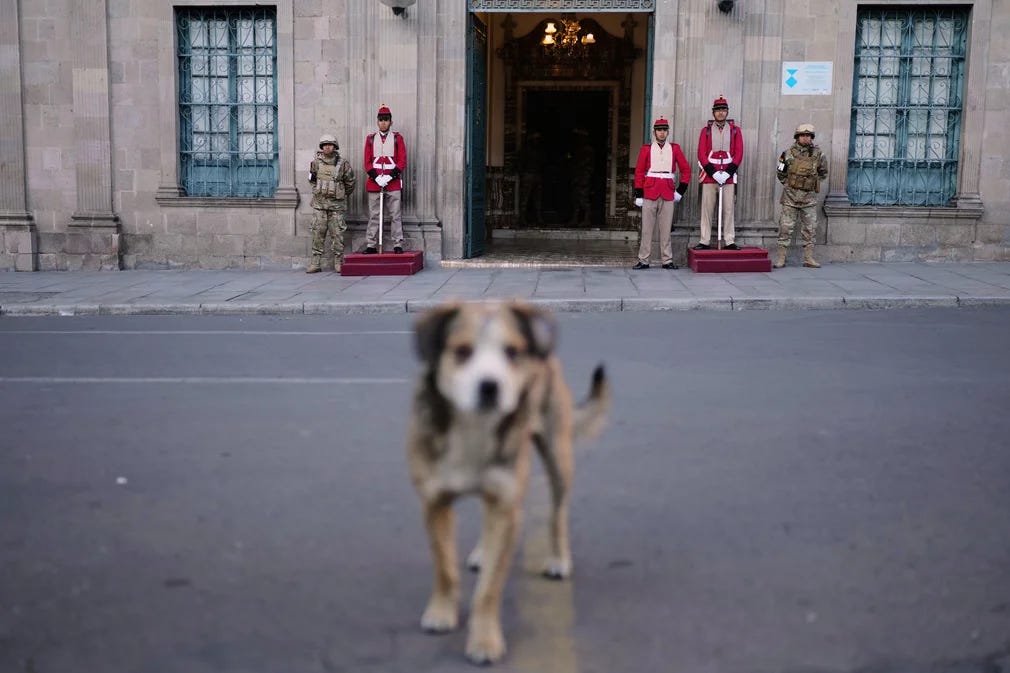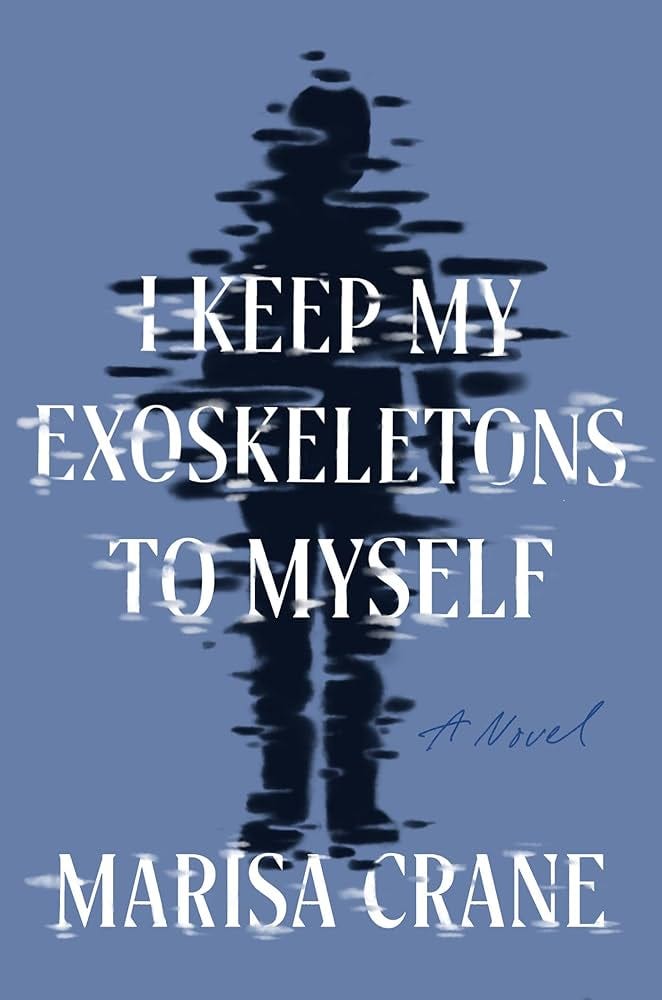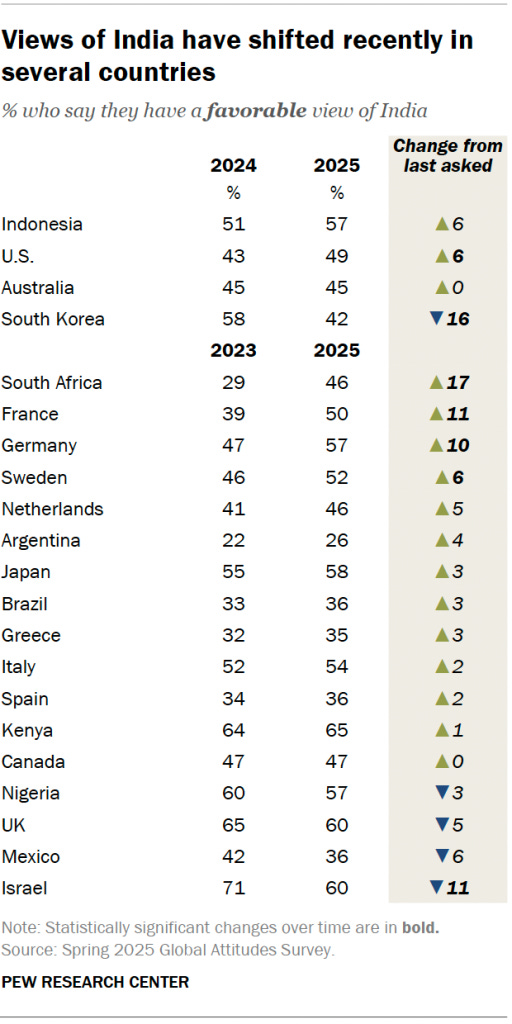This week…
Your reading time is about 5 minutes. Let’s start.
Sometimes, instead of donating to Wikipedia, I contribute by editing a page. One time, the verified account of someone from the International Rescue Committee thanked me for an edit I made (not on the IRC’s page). I hope no one I know finds my Wikipedia account and review my contributions. That’s like seeing my AO3 bookmarks (which I don’t have, by the way).
Anyway, I made an edit to Wikipedia this week and that was how I found out that David ‘Spottacus’ Benaron passed away last month. The physician was best known for his foundational work in smartwatch heart-rate monitors and medical optical imaging. He was also unapologetically a furry. Last year he gave a presentation at the University of California, Berkeley on ‘Furries, Neurodivergence, and STEM.’ Yeah, you couldn’t pay me to talk bad about the furries and the catgworls, they always end up being rich geniuses who made your life easier through some technology they created (because how else could they afford that life).
Your Wikipedia this week: Litter box hoax
And now, a selection of top stories on my radar, a few personal recommendations, and the chart of the week.
ICYMI: The Previous Block was about Russia, basically.
CORRECTION NOTICE: None notified.THE PRESS
The courage and death of Anas al-Sharif
Kareem Shaheen for New Lines Magazine:
The CPJ has documented 186 journalist deaths in the Gaza war. Out of these, 178 were Palestinians killed by Israel.
Western politicians like to describe violence that they have no intention of doing anything to stop “senseless.” There was nothing senseless about what Israel did. The country’s military and its troll acolytes on social media spent months demonizing and defaming Anas, in an attempt to justify his eventual murder and to discredit his courageous reporting on Israel’s starvation of Gaza. His last report was at a hospital in Gaza, standing as he often did as a witness of carnage, before the emaciated bodies of starving children. He was reporting on the latest figures, that the number of dead from famine and malnutrition had risen to 217 civilians, including a hundred children.
“This hospital is receiving children daily due to the famine, malnutrition, and lack of milk, and the spread of infections and illnesses inside the Gaza Strip,” he said, as an emaciated infant writhed in the background.
Israel is feeling immense diplomatic pressure over its deliberate starvation of an entire Palestinian enclave. It also continues to suffer no real consequences for the ways in which it carries out its war. So it killed one of the most recognizable faces relaying this atrocity to the world.
Israel’s strategy appears to mimic that infamous Khmer Rouge slogan: “To keep you is no benefit, to destroy you is no loss.”
Loosely linked:
Gag orders against journalists raise South Africa press freedom concerns by Joan Chirwa for CPJ.
Press freedoms can slip away by Amy Mitchell for Poynter.
A frontline Ukrainian newspaper draws from its own history by Sophie Watson for CJR.
Voices from around the world: global dispatch on press freedom under pressure by Jurist staff.
SURVEILLANCE
Instagram’s new ‘Map’ is a digital ghost town
Thomas Germain for BBC:
Instagram bills the Map as “a new, light way to connect.” But a trip through the feature suggests a different reality, one defined more by emptiness than connection, with users unwittingly broadcasting their location and urgent warnings from the few people watching. It lays bare what may be an emerging conflict between the platform and its users that strikes at Instagram's very core: what is this app even for?
On one hand, it's nothing new. Apple and Android phones have let you exchange locations with your contacts for years, and Snapchat has the nearly identical Snap Map that works the same way. In modern relationships, location sharing is as popular as it is problematic. The New York Times described the trend with the catchy headline “I Love You, Let’s Stalk Each Other” back in 2023.
But Meta, the company that owns Facebook, Instagram and WhatsApp, has a rocky history when it comes to privacy. Chief executive Mark Zuckerberg has personally apologised numerous times over the years for how his company has mishandled users’ data, problems that have cost Meta billions in fines and lawsuits. The company promises it cares about user privacy and has vowed to earn back trust.
Loosely linked:
Microsoft launches inquiry into claims Israel used its tech for mass surveillance of Palestinians by Harry Davies and Yuval Abraham for The Guardian.
Wikipedia loses challenge against Online Safety Act verification rules by Chris Vallance for BBC.
The facial recognition sham ($) by Albert Fox Cahn for The Atlantic.
Other curious links, including en español et français

LONG READ | The incompleteness of ethics by Elad Uzan for Aeon.
INFOGRAPHIC | Dicing an onion the mathematically optimal way by Andrew Aquino with Russell Samora and Jan Diehm for The Pudding.
PHOTO ESSAY | Violent guerrillas are taking Colombia’s children. Unarmed Indigenous groups are confronting them by Steven Grattan for AP.
Diario de un cirujano en un agosto de Madrid por Rafael Hernández Estefanía en El Confidencial.
El dilema de los judíos árabes ante el sionismo por Laurent Cohen en CTXT.
Deseos que desafían estigmas: “La discapacidad no está pensada como algo erotizante a no ser que sea un fetiche” por Verónica González en elDiarioAR.
La double difficulté des femmes québécoises sur Wikipédia par Stéphanie Dupuis dans Radio-Canada.
Au Manitoba, des chercheurs en éducation s’interrogent sur l’usage éthique de l’IA par Gala Dionne dans Radio-Canada.
Au fait, que sont devenues les monnaies locales ? par Emilie Echaroux dans Usbek & Rica.
What I read, listen, and watch
I’m reading I Keep My Exoskeleton to Myself (2023) by Mac Crane. Probably the best speculative fiction I read this year, this book is an episode of Charlie Brooker’s Black Mirror meets George Orwell’s 1984 (1949), where privacy is non-existent and although prisons are abolished, criminals are given a shadow for every crime they are convicted of, following them the rest of their lives, visible to everyone. Of course, in this dystopia, even being born into the world can result in a second shadow — if you cause your mother’s death at childbirth. “We is the longest word I know.” No grief like queer grief.
I’m listening to Conspirituality on the Olympics for dopers.
I’m watching Al Jazeera’s documentary The Privacy Paradox on the disconnect between our stated values and our digital behaviour.
Chart of the week
People in 24 countries view India slightly more positively than negatively, according to a Pew Research Center survey conducted earlier this year.



